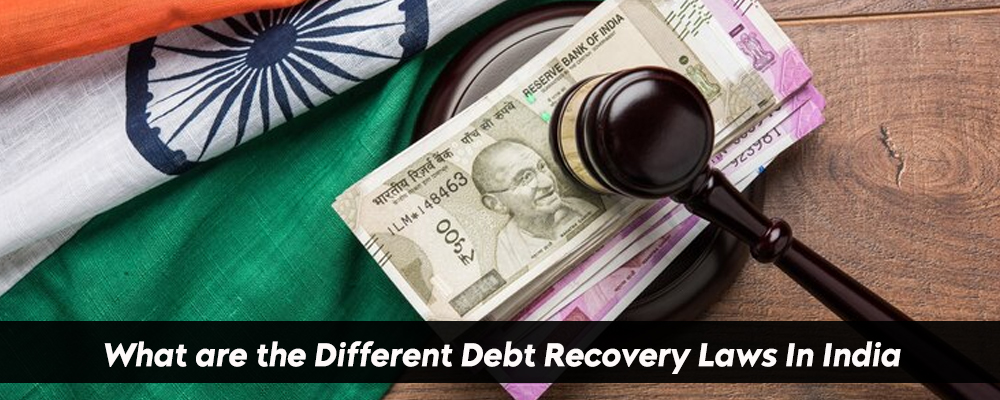There are several laws in India that deal with money recovery. These laws provide a legal framework for creditors to recover debts from debtors. Here are the different laws that govern money recovery in India:
Negotiable Instruments Act, 1881
This law deals with the recovery of money through negotiable instruments such as cheques, promissory notes, and bills of exchange. If a debtor fails to pay the amount mentioned in the negotiable instrument, the creditor can take legal action under this act. The creditor can file a case in court and seek a judgment against the debtor. If the judgment is in favor of the creditor, the court can issue a warrant for the debtor’s arrest and order the seizure of the debtor’s property to recover the debt.
Recovery of Debts Due to Banks and Financial Institutions Act, 1993
This law provides a mechanism for banks and financial institutions to recover unpaid loans and debts. The creditor can file an application with the Debt Recovery Tribunal (DRT) under this act. The DRT can issue a recovery certificate to recover the debt from the debtor’s property. The creditor may file a lawsuit to confiscate the debtor’s assets if they are not paid by the due date.
Securitization and Reconstruction of Financial Assets and Enforcement of Security Interest Act, 2002
This law enables banks and other financial institutions to recoup unpaid loans by taking possession of and selling the debtor’s assets pledged as collateral. To recover the outstanding loan balance, the creditor may seize the asset and sell it. In addition, this law establishes a Debt Recovery Tribunal to resolve disputes over debt collection.
Need A Legal Advice
The internet is not a lawyer and neither are you. Talk to a real lawyer about your legal issue

Insolvency and Bankruptcy Code, 2016
This law provides a legal framework for the insolvency and bankruptcy of individuals and corporate entities. If a debtor is unable to pay its debts, the creditor can file a case under this law. The court can appoint an insolvency professional to manage the debtor’s assets and liabilities. The insolvency professional can sell the debtor’s assets to recover the unpaid debt amount.
Consumer Protection Act, 1986
This law provides a mechanism for consumers to file complaints against suppliers of goods and services for deficiencies in service or defective products. A consumer may register a complaint under this legislation if they paid for products or services that were either not delivered as promised or were subpar. The consumer has the right to reimbursement for losses incurred as a result of poor service or faulty goods.
Limitation Act, 1963
This law sets a time limit for creditors to file cases to recover unpaid debts. Depending on the type of case filed and the nature of the debt, different time limits apply. If a creditor fails to file a case within the time limit, the debt becomes time-barred, and the creditor cannot recover the debt through legal means
These are the various techniques of debt recovery, and those whose money is not recovered can go to court to have their problem settled. A person in need with any issue related to debt recovery can approach Lead India, where he or she can hire the best of the debt recovery advocates in Delhi, the best of the debt recovery advocates in UP, the best of the debt recovery advocates in Mumbai, the best of the debt recovery advocates in Patna, and so on. They can also ask a free question, talk to lawyers, or get legal advice from the best of our experts.




